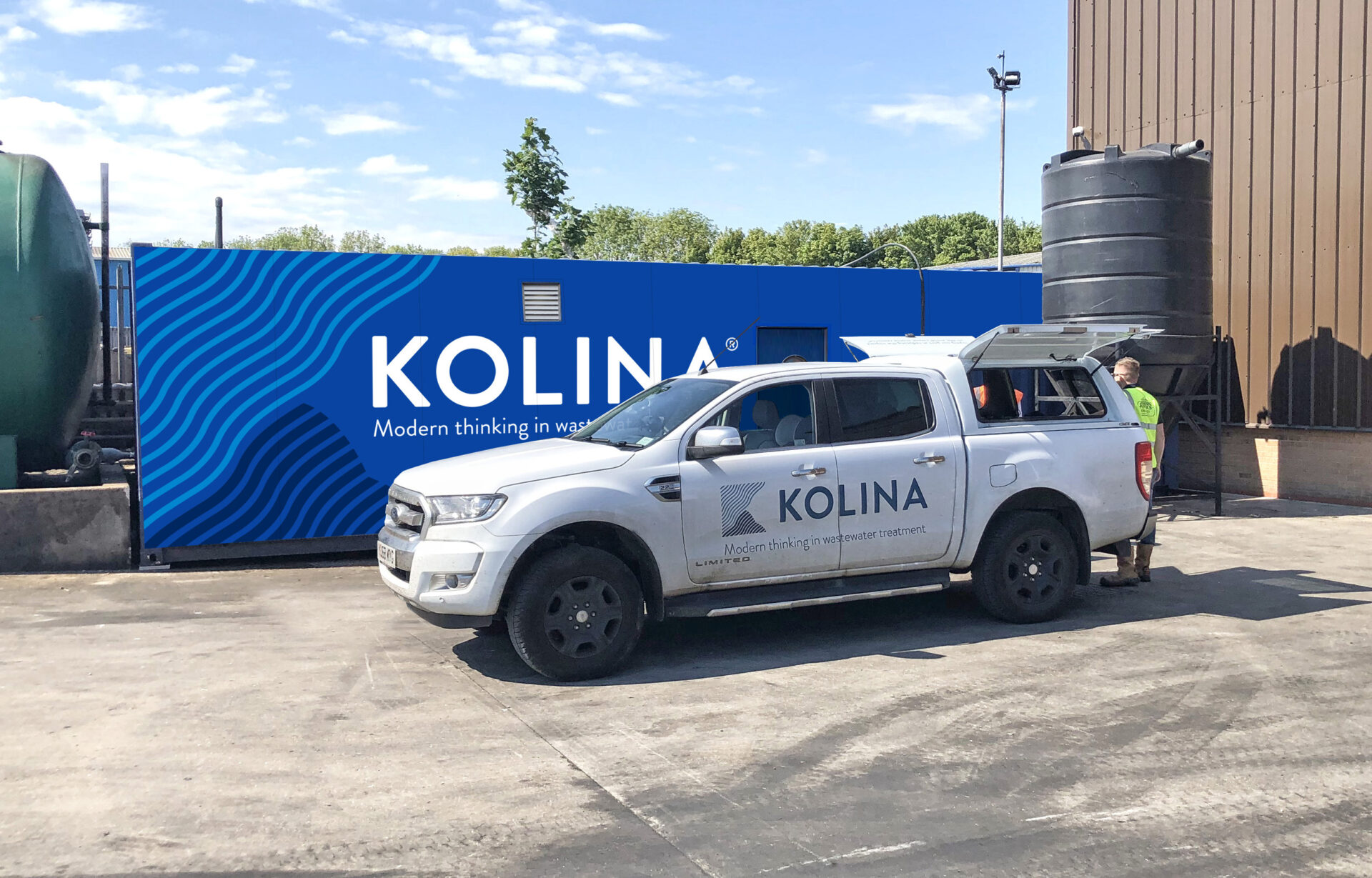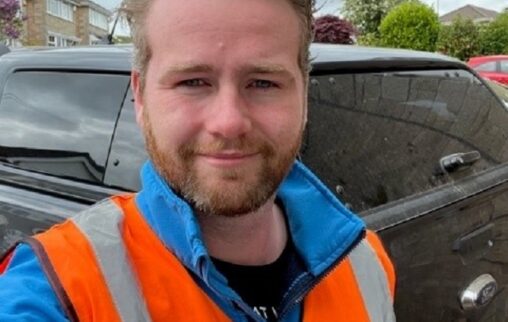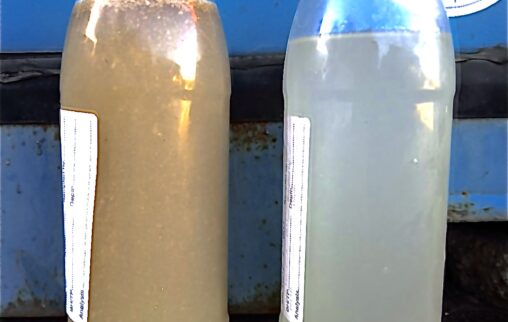This month it’s time for our engineers to take front of stage. As vital members of Kolina’s team, it’s great to find out what they’re thinking. So over to members of the engineering team:
Why did you study engineering at degree level?
I was one of those kids that couldn’t resist taking toys apart to see how they worked, and how I could make them better! This natural curiosity about the world and those first tentative steps into problem solving are common traits amongst engineers. Engineering is a very broad field that offers exciting career opportunities where I get to be creative, solve problems, and explore how things work every day. Being a degree qualified engineer allows me to make a real difference in the world by designing, maintaining, and improving so many things we all depend on in our day to day lives.
Tell me about the most challenging engineering project that you have been involved with during the past year?
Recently our team won a contract to treat effluent at a large oil refinery. Due to the nature of the site, there were significant operational restraints which we had to work around to maintain safety and keep our impact on existing plant to a minimum. The project was on a very tight schedule which meant we had to hit the ground running and ensure our equipment could be put into service with minimal down time. On top of all this, the first wave of Covid-19 was just starting to hit the country! Thanks to excellent planning by the team, and a dynamic approach to solving unforeseen problems, we successfully delivered outstanding results for our client within the allocated timeframe. The success of this project was rewarded with another contract for the same client.
What do you get out of engineering that you couldn’t get from any other kind of work?
An engineering career opens up a huge variety of work. In my relatively short career since university I’ve designed extraction equipment built to work at the bottom of the ocean, worked on huge antennas used to communicate with satellites, and installed effluent treatment systems which are playing an increasing role in cleaning up our environment. This variety is very hard to find in other careers, yet it’s very much the norm for an engineer. The engineers’ drive to problem solve and optimise, while also considering the impact of time, cost and efficiency can be applied to almost any industry, and I consider myself lucky to have a career that satisfies this drive.
What resources do you use to keep up with engineering trends?
I’m lucky enough to have engineering peers in a wide range of industries (oil & gas, medical, defence, telecommunications, food & drink, etc.). This opens up a huge wealth of technologies and experience, developed for a particular industry, but often with useful applications in an entirely different industry. Many issues can be resolved by looking to see how other industries have dealt with similar situations.
What do you like about wastewater and Electrocoagulation ?
Working with wastewater gives a sense of satisfaction that I’m making a real difference in the world and improving our environment. Seeing dirty, polluted wastewater turned into something that’s clean enough to go down the drain with no ill effects, in real time is hugely gratifying and shows that our efforts are worthwhile. Electrocoagulation only adds to this satisfaction as it requires relatively small amounts of power, and completely removes the need for chemicals, further reducing the impact of industry on our environment.
Fun fact: Finally what’s your favourite takeaway?
It’s hard to beat proper fish and chips with lashings of salt and vinegar eaten by the sea, even when the weather is too bad to go for a paddle!




